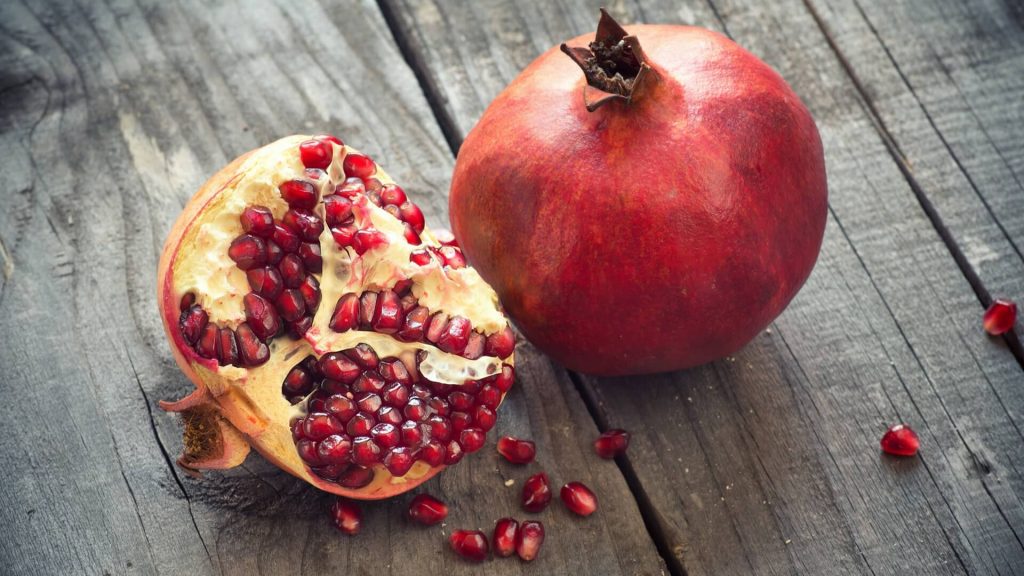Pomegranates were all the rage for awhile, and you might have gotten sick of hearing about their benefits and seeing them everywhere. But, folks, this fruit does have a lot to offer, and it may just help ease joint pain!
Previous animal studies have shown that consuming pomegranate extract reduced the severity and rate of collagen-induced arthritis seen in mice. However, there is now more research into whether it can decrease joint disease in humans with rheumatoid arthritis (RA), and the results so far have been positive.
A study published in the Israeli Medical Association Journal (https://pubmed.ncbi.nlm.nih.gov/21910371/) saw eight patients receive 10 ml of extract from a pomegranate each day for a total of 12 weeks. The joint status and serum oxidative status–this is something that is known to change in RA patients–were reviewed at the start and end of the study.
After the study, researchers found that the patients had a reduction in their composite Disease Activity Index by 17 percent, a 62-percent reduction in tender joint count, and a significant reduction in their serum oxidative status, which means there was a reduction in inflammatory response.
The pulp and juice of pomegranates have been studied before for their potential joint and heart health benefits. The primary source of these benefits is from the fruit’s antioxidant content, particularly ellagitannin compounds such as punicalins and punicalagins. In fact, a 2008 study in the Journal of Agricultural and Food Chemistry compared the potency of various polyphenol-rich beverages, and pomegranate came out of top of the ten juices studied (https://pubs.acs.org/doi/abs/10.1021/jf073035s). It was found to have a potency of at least 20 percent greater than all the other juices studied, which included blueberry juice, acai juice and concord grape juice. In the end, pomegranate won out because it had the most of just about every type of known antioxidant.
Of course, as beneficial as pomegranate juice is, be aware that like many fruit juices, it contains high amounts of a sugar known as fructose. It’s easy to forget that many fruit juices are jam-packed with sugar. If you do decide to add some of this juice into your diet, be sure to use no-sugar-added varieties, and be mindful of how much sugar you are consuming overall. Too much sugar can lead to other health problems, such as diabetes, and offset your gains from the juice.




